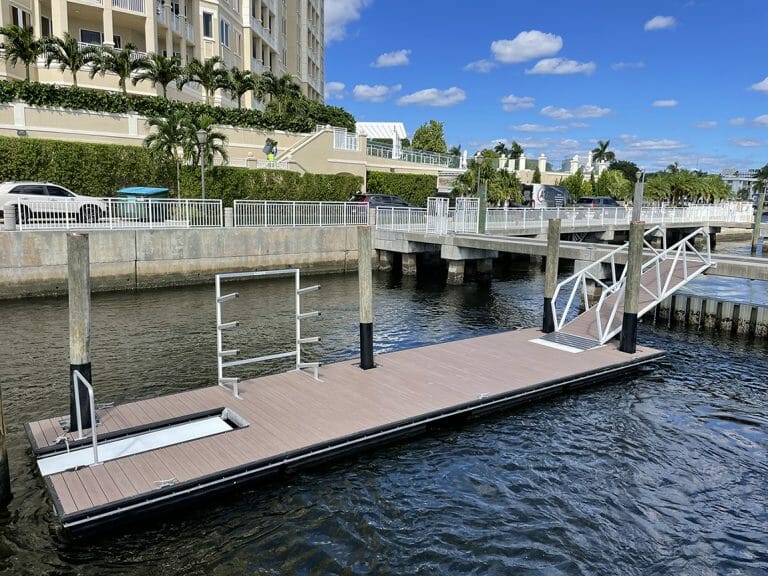Floating dock systems are rapidly becoming the go-to solution for waterfront enthusiasts seeking a durable, low-maintenance, and versatile option for their boating and water recreation needs. These innovative dock systems are designed to offer convenience, long-lasting durability, and the ability to adapt to changing water levels. Whether you are looking to install a dock at your private lake house, on a river, or along the coast, floating docks provide a reliable and efficient way to maximize your waterfront experience. One of the key advantages of floating dock systems is their low-maintenance nature. Traditional fixed docks, while sturdy, often require constant upkeep, especially in areas with fluctuating water levels. These docks can suffer from damage due to rising and falling water, which can lead to structural issues. The materials used in the construction of these docks, such as high-density polyethylene HDPE or aluminum, are resistant to corrosion, UV damage, and the harsh conditions of being exposed to water for extended periods.

In addition to being low-maintenance, floating docks are also incredibly adaptable. They can be easily customized to fit the specific needs of a property, regardless of the shoreline’s shape or water conditions. Whether you need a simple platform for easy access to the water or a more complex design that includes multiple sections and configurations for boat slips, walkways, or storage, floating dock systems can be tailored to suit your requirements. Many modern floating dock also feature adjustable height capabilities, making them ideal for areas where the water level changes dramatically throughout the year. For those looking to enjoy their waterfront for years to come, the durability of floating docks is an important factor. Unlike traditional wooden docks that may warp, rot, or attract pests over time, floating dock systems are constructed with materials that are built to last. The use of HDPE plastic in many designs ensures that the dock is resistant to the natural elements, providing peace of mind that the structure will remain functional and safe for long-term use.
Additionally, these materials are environmentally friendly, often made from recycled products, further enhancing the appeal of floating docks for eco-conscious consumers. Another benefit of floating dock systems is their ease of installation. While installing a traditional dock can be a labor-intensive and costly process, floating docks are often quicker to install and require fewer resources. This can be especially advantageous for property owners who want to avoid the hassle of long construction timelines or disruption to their waterfront area. Many floating dock manufacturers offer modular kits, which allow for easy assembly and customization, making them an ideal option for DIY enthusiasts or those looking to save on installation costs. Furthermore, floating docks provide increased safety and accessibility. Since they adjust with the water level, they maintain a stable and consistent platform, even during fluctuating tides or sudden water level changes. This reduces the risk of accidents or instability, ensuring that you and your guests can enjoy a secure and enjoyable waterfront experience.